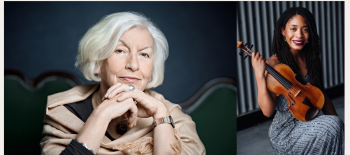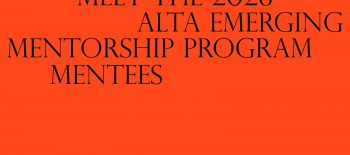Saturday, November 9, 2024
Auditorium Theatre
50 East Ida B. Wells Drive, Chicago
Tickets
Celebrating Polish Master Composer, Wojciech Kilar: Pre-Show Talk
6:30 – 7:15 PM
Celebrating Polish Master Composer, Wojciech Kilar: Pre-Show Talk, this pre-show talk dives into Kilar’s powerful score and the influence of Polish classical music in film. Featuring special guests LaRob K. Rafael, Prof. Beata Bolesławska-Lewandowska, Magdalena Miśka-Jackowska, and Aleksander Dębicz. Don’t miss this rare chance to explore the genius behind Dracula’s iconic music before the show!
This event is free exclusively for attendees of Dracula in Concert.
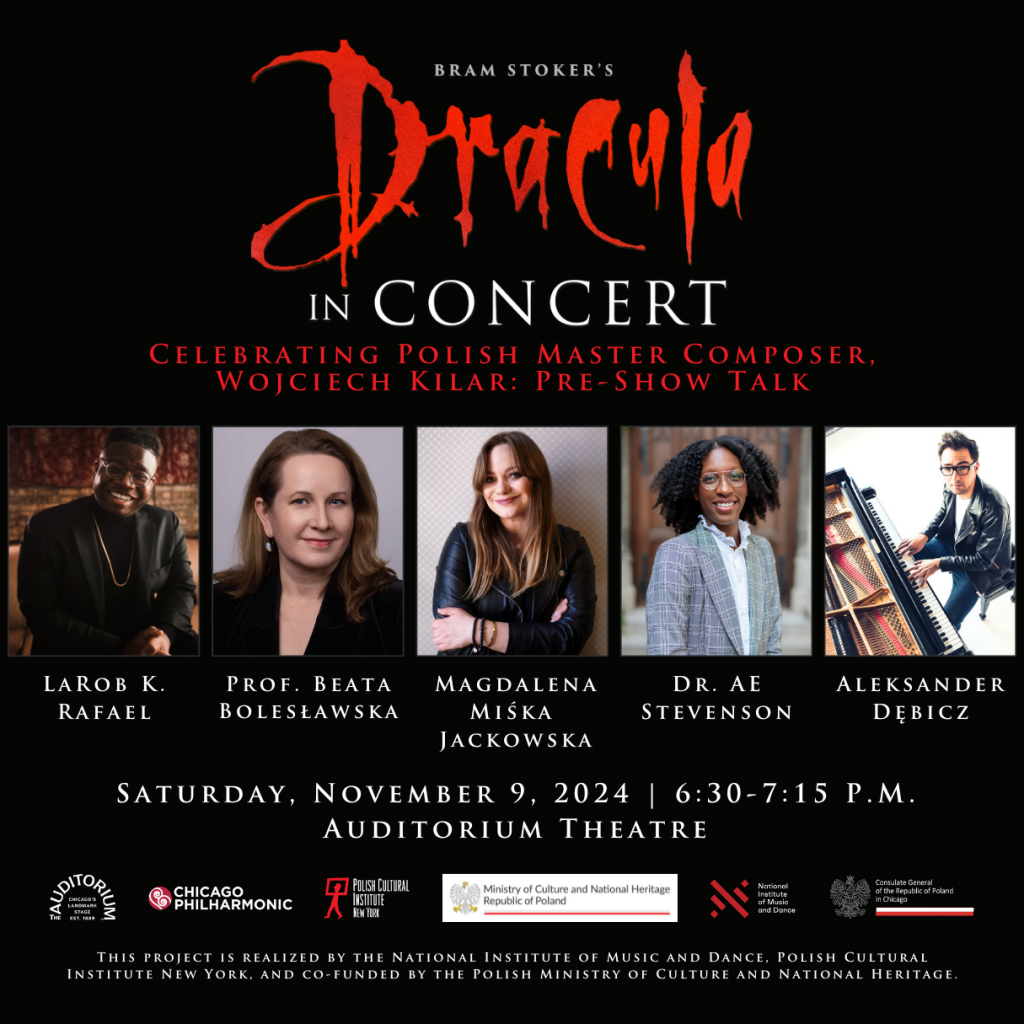
Dracula in Concert
7:30 – 10:30 PM
Diego Navarro, Conductor
Chicago Philharmonic
Chicago Chamber Choir
Chicago Philharmonic performs the U.S. Premiere of Bram Stoker’s Dracula in Concert! Experience Bram Stoker’s Dracula like NEVER before with Polish master composer Wojciech Kilar’s chillingly thrilling score as the film is projected above the orchestra in HD on a large screen.
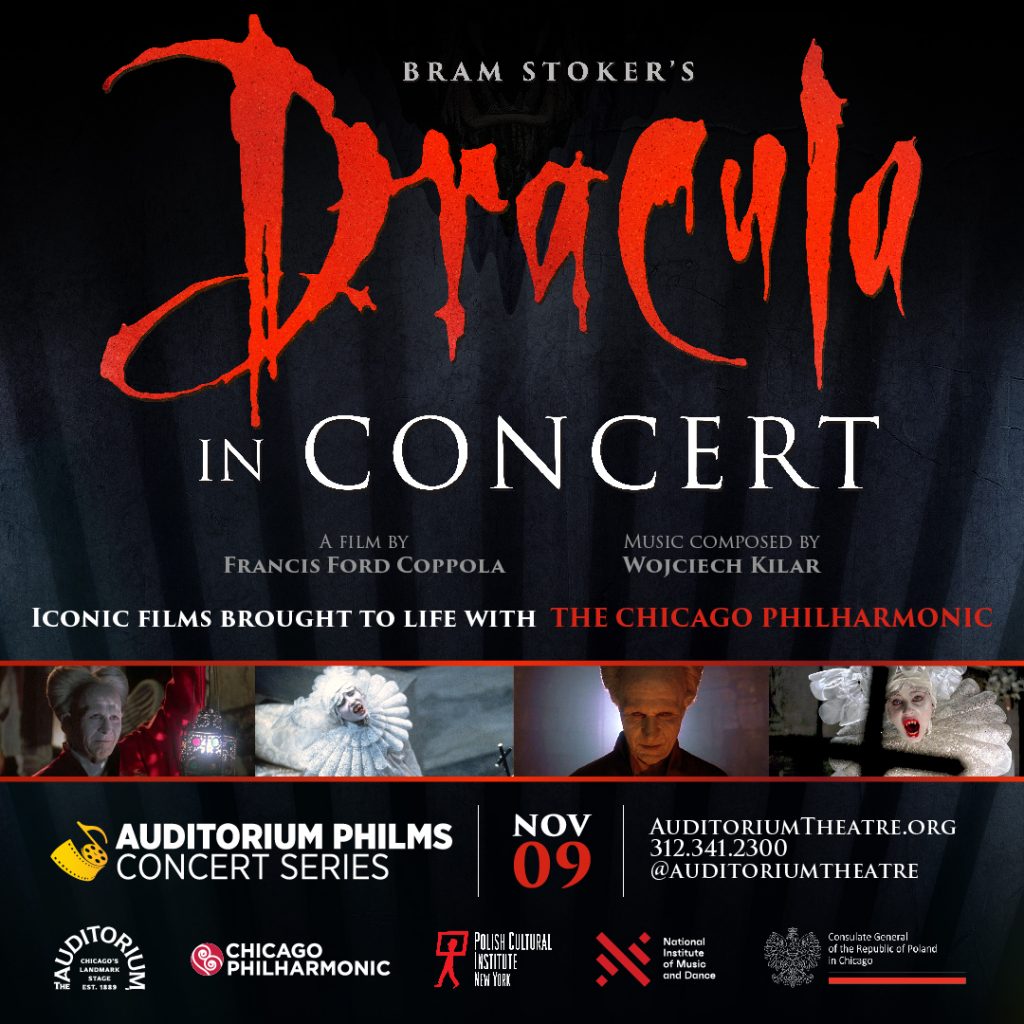
In 1992, two decades after THE GODFATHER (1972), Francis Ford Coppola was again looking for a European composer to write the music for his new film. According to Coppola’s diary, the expectations were gigantic:
“Here we go, I’m going again, and it’s DRACULA, it’s going to be Bram Stoker’s DRACULA. I have to do a lot of listening to music because I want to have a truly great composer. I want the score for DRACULA to be like a Prokofiev score for Eisenstein. I want it to be performed by symphonies. I want great music. Not just theater music, but great music.”
— Dracula Director, Francis Ford Coppola, February 15, 1991
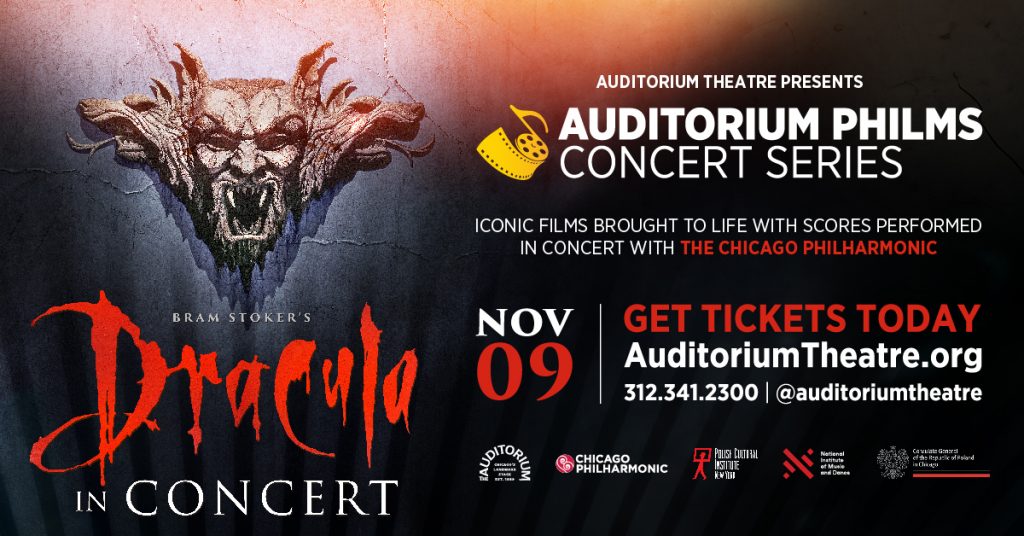
Wojciech Kilar’s music was truly a masterpiece: a cinematic cantata for choir and orchestra that was completely different to anything heard in a Hollywood film before. Genuinely theatrical, his music finds its element in concert halls when played live-to-picture. It is also inseparable from Coppola‘s sensual conception of fantasy and horror, which owes much to masters like F.W. Murnau and Jean Cocteau.
Coppola’s cinematographic retelling of Bram Stoker’s novel became a 1992 sensation, crowned by three Academy Awards. Its fresh and bold conceptual energy turned the movie into the most influential vampire film in decades—a film whose opulence and sense of spectacle triggered a whole new wave of contemporary horror films. One of the film’s strengths was coming back to Bram Stoker’s original novel instead of adapting the more popular theater play from the 1920s.
Starring Gary Oldman, Winona Ryder, Anthony Hopkins, Keanu Reeves and Sadie Frost, the film became a box office hit. It remains as the most influential vampire film and score in decades – and resurrects now live in concert!
This movie is Rated R for sexuality and horror violence.
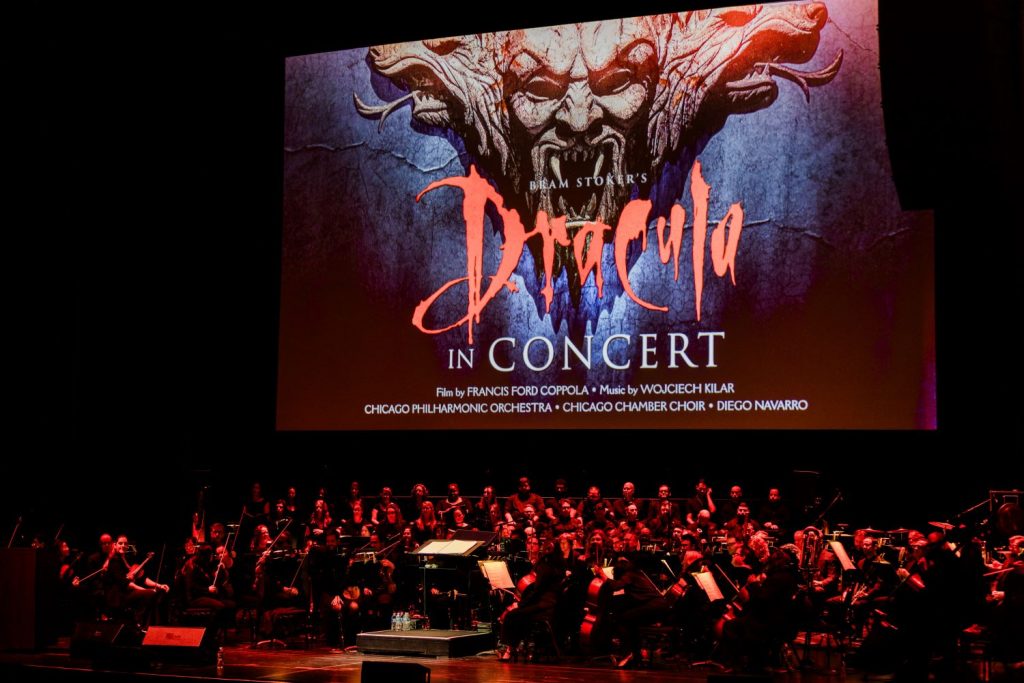
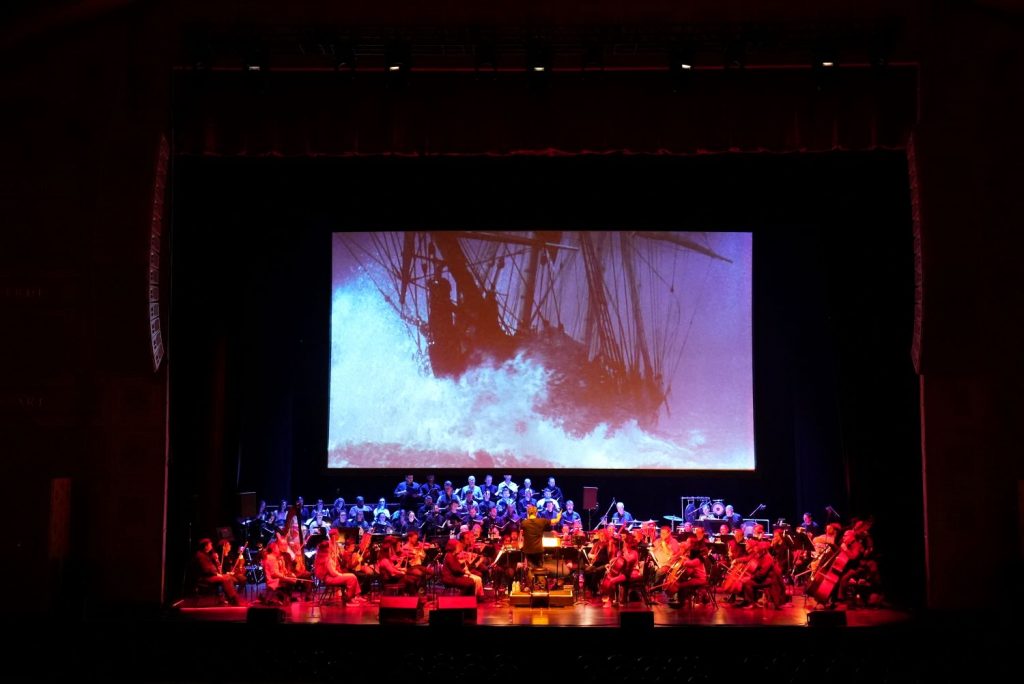
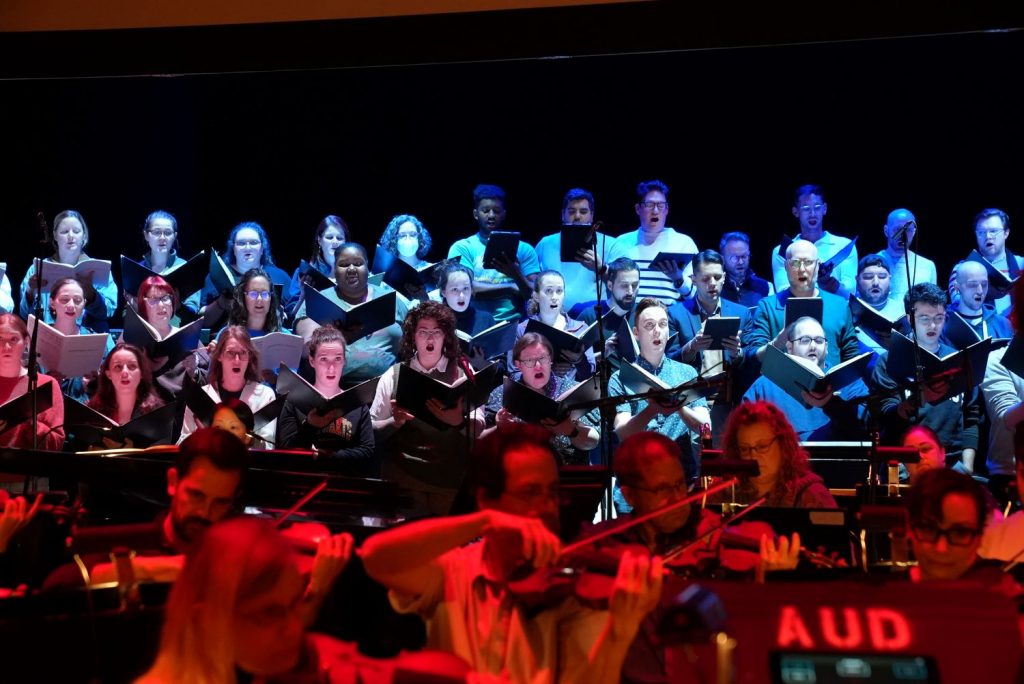
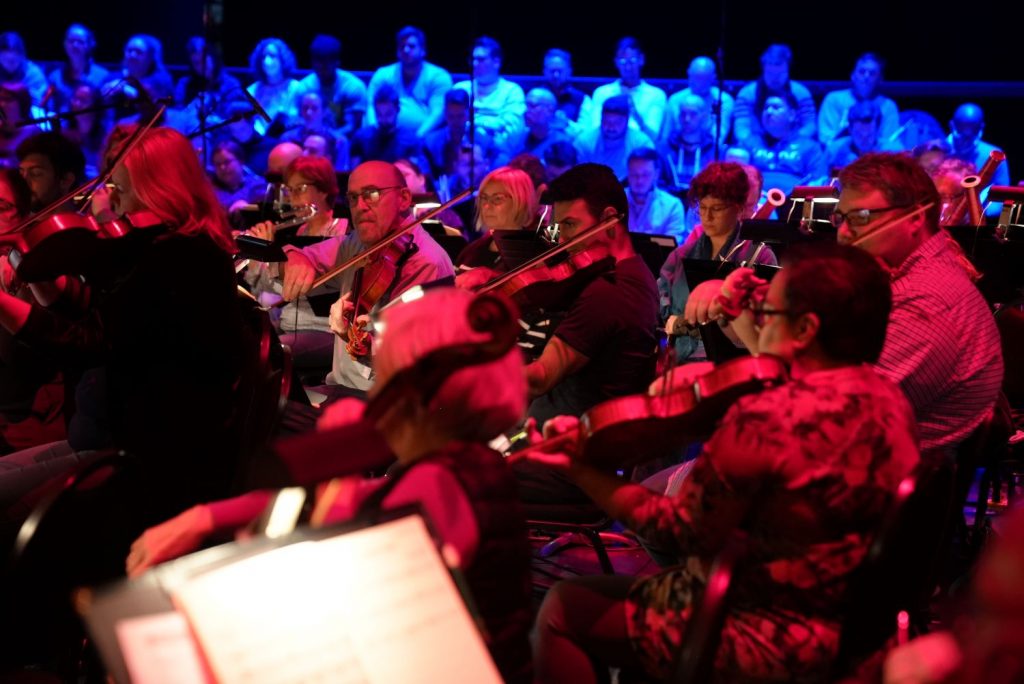
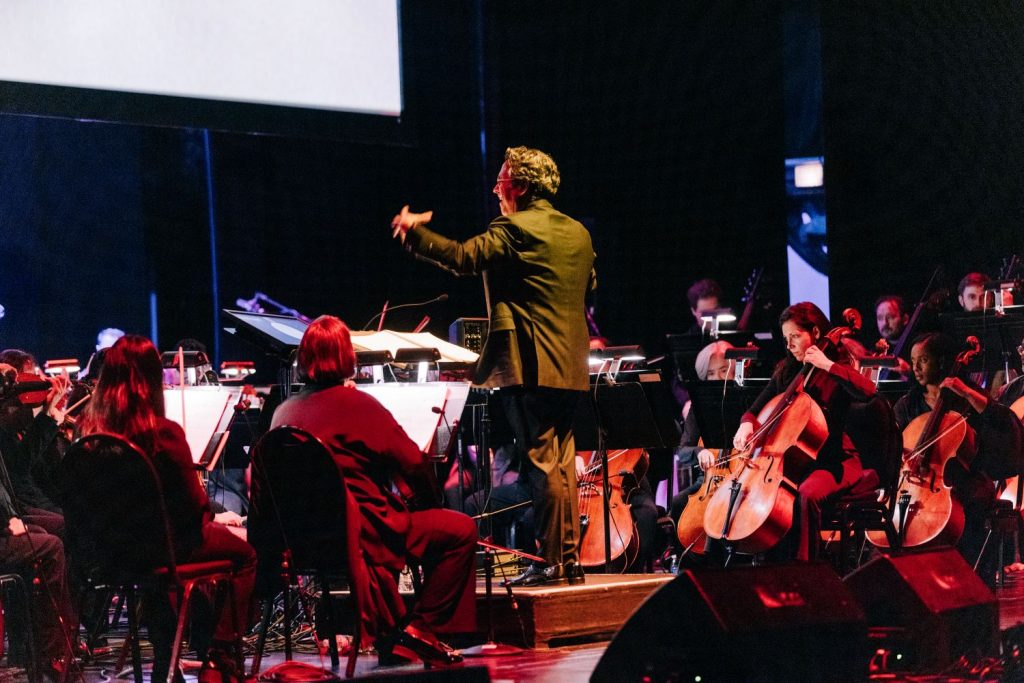
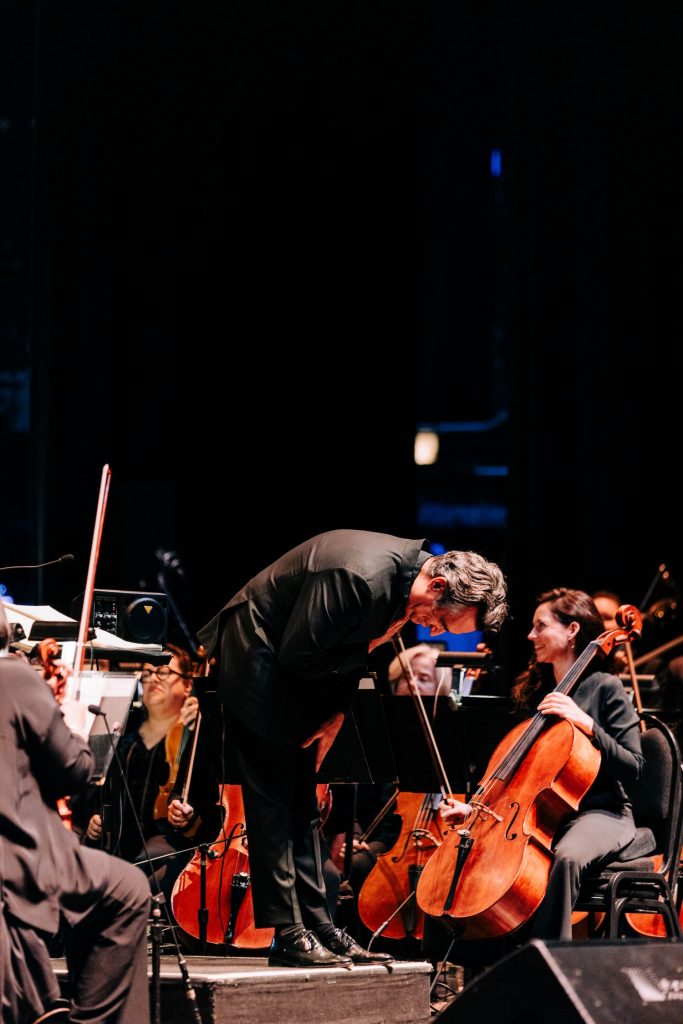
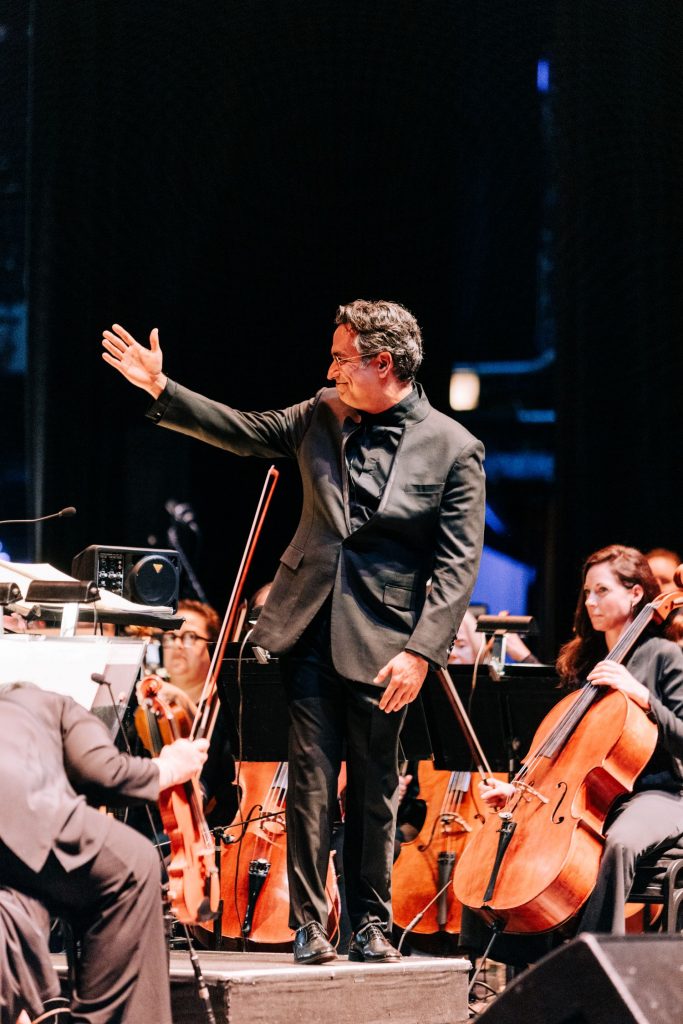
BRAM STOKER’S DRACULA – LIVE IN CONCERT
Music Composed and Orchestrated by Wojciech Kilar
Film Directed and Produced by Francis Ford Coppola
FilmConcert was produced by Fimucité and FMF (Krakow Film Music Festival) in cooperation with Sony Pictures and Robert Townson Productions.
Music Arranged by Thomas Bryła
Score Synchronisation by Don Davis
Distribution and Artistic Supervision by Europäische FilmPhilharmonie – EFPI
Film with permission from Sony Pictures
Music with permission from G. Schirmer, Inc.
Trailer:
Dracula’s Backstory | Bram Stoker’s Dracula (1992)
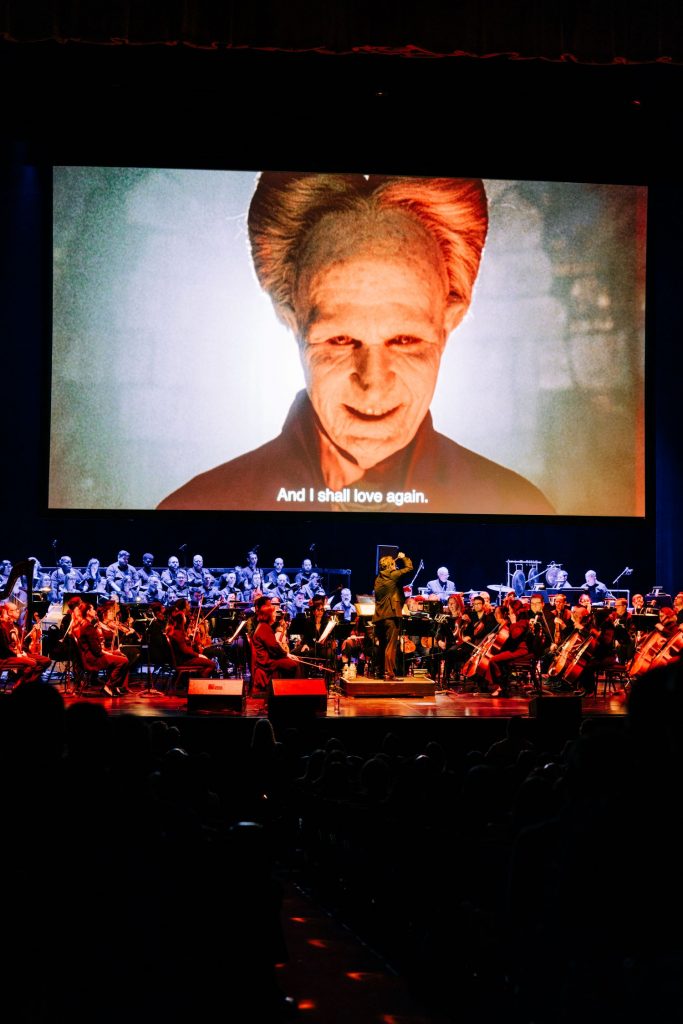
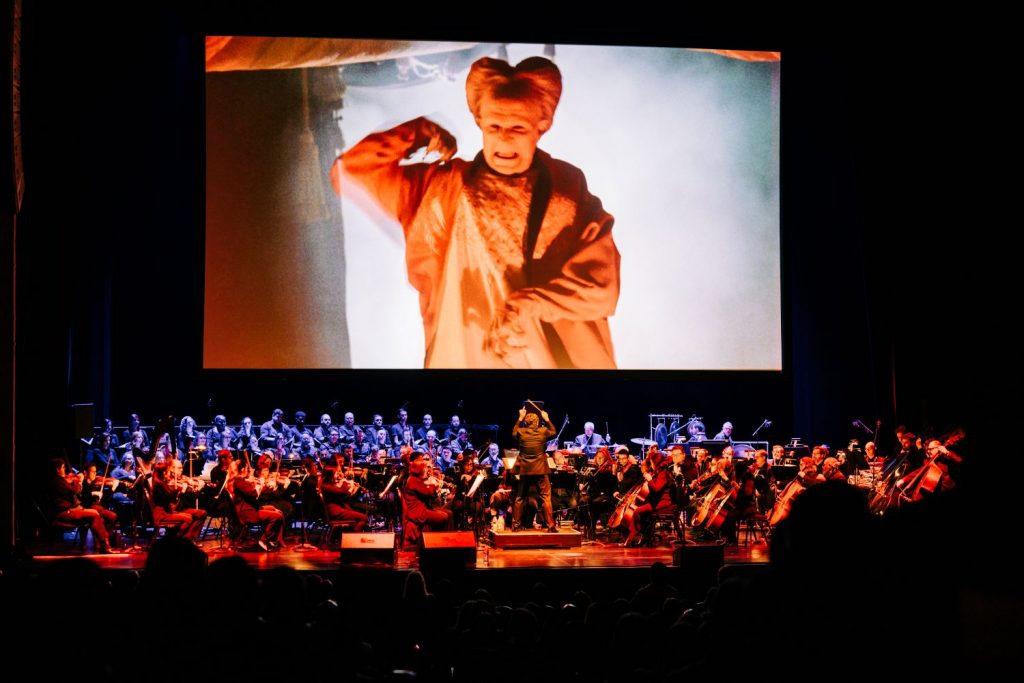
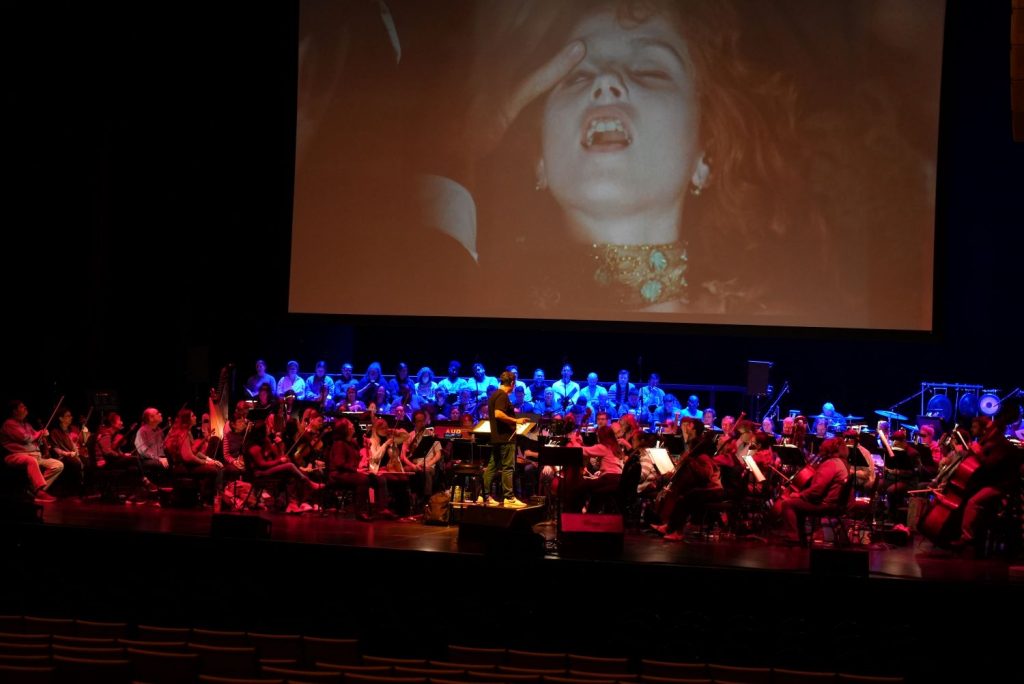
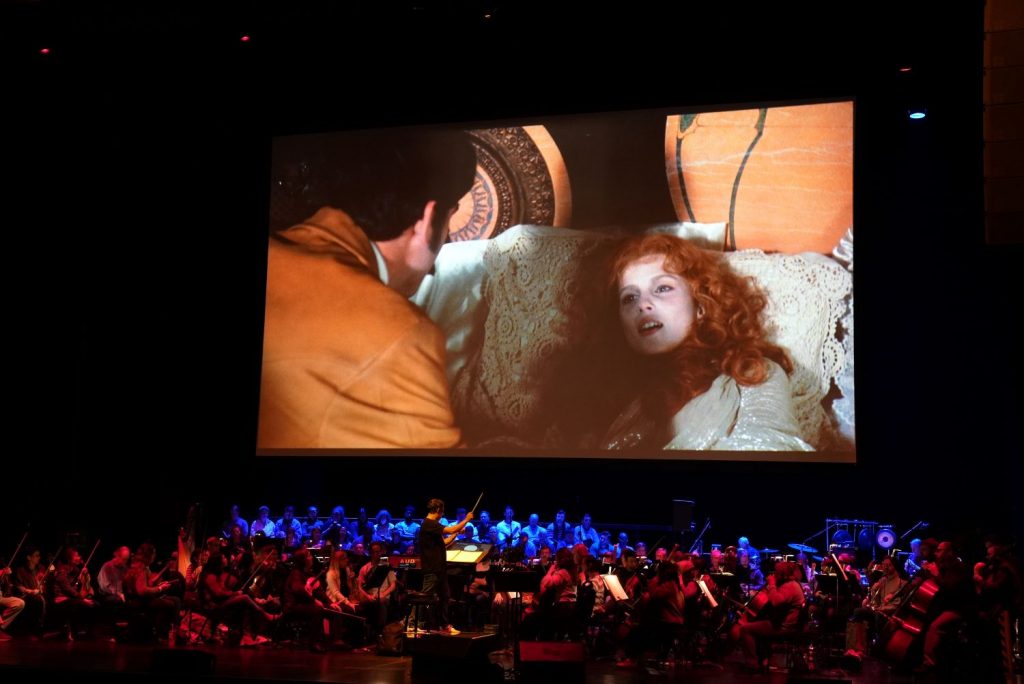
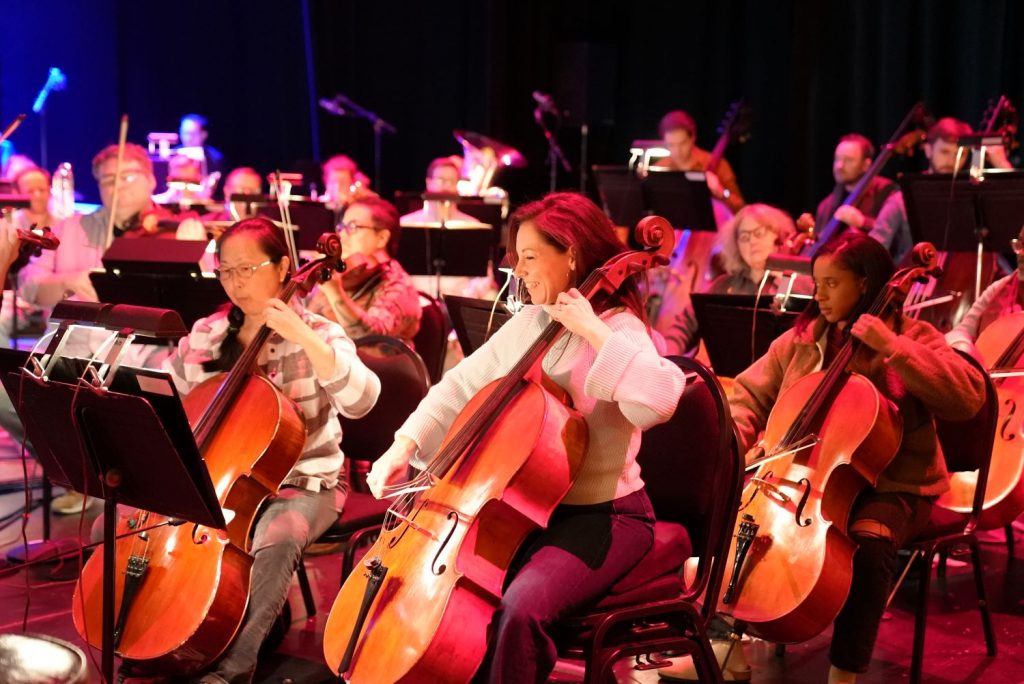
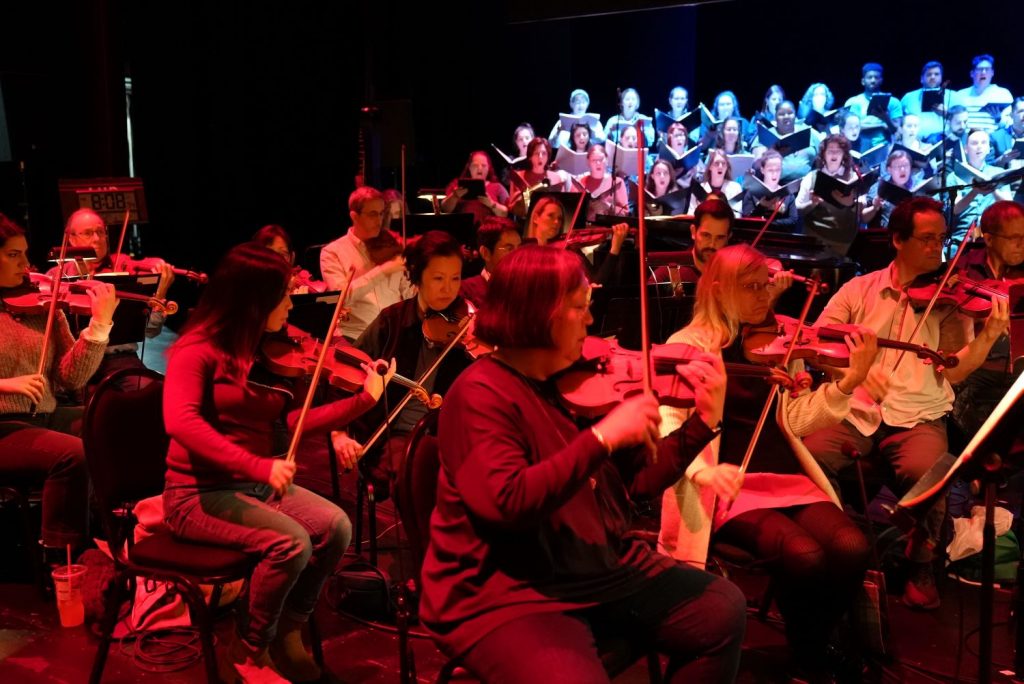
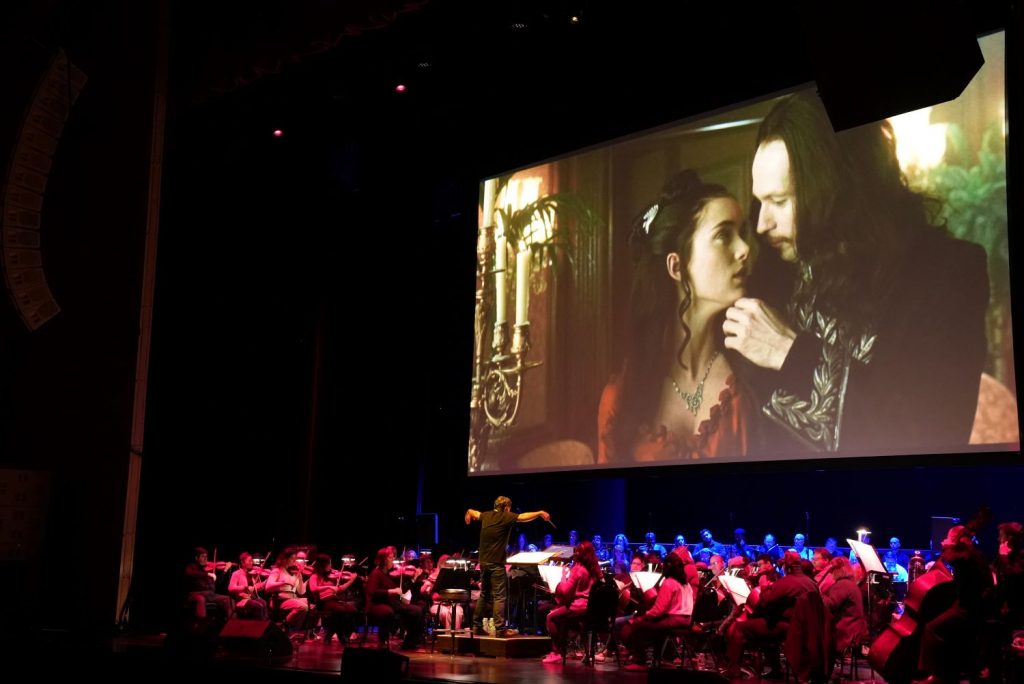
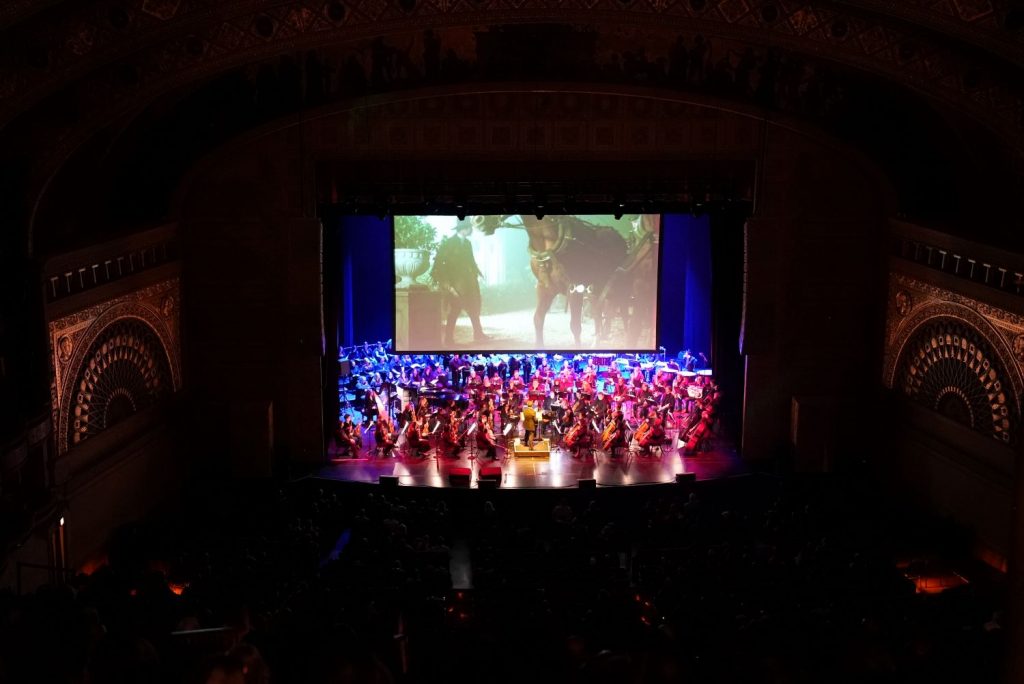
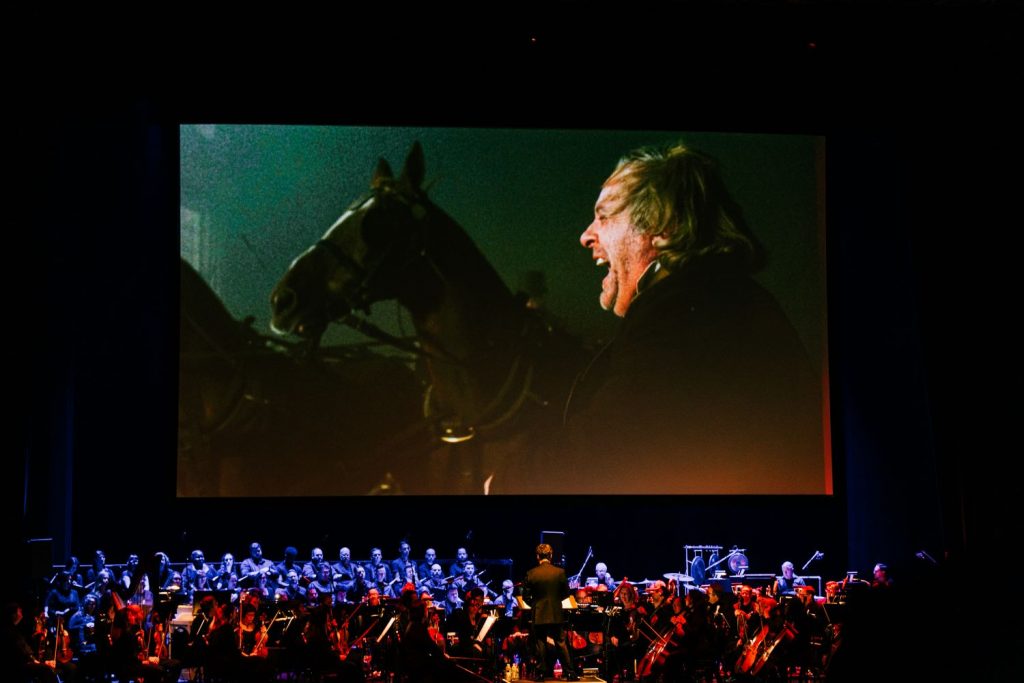
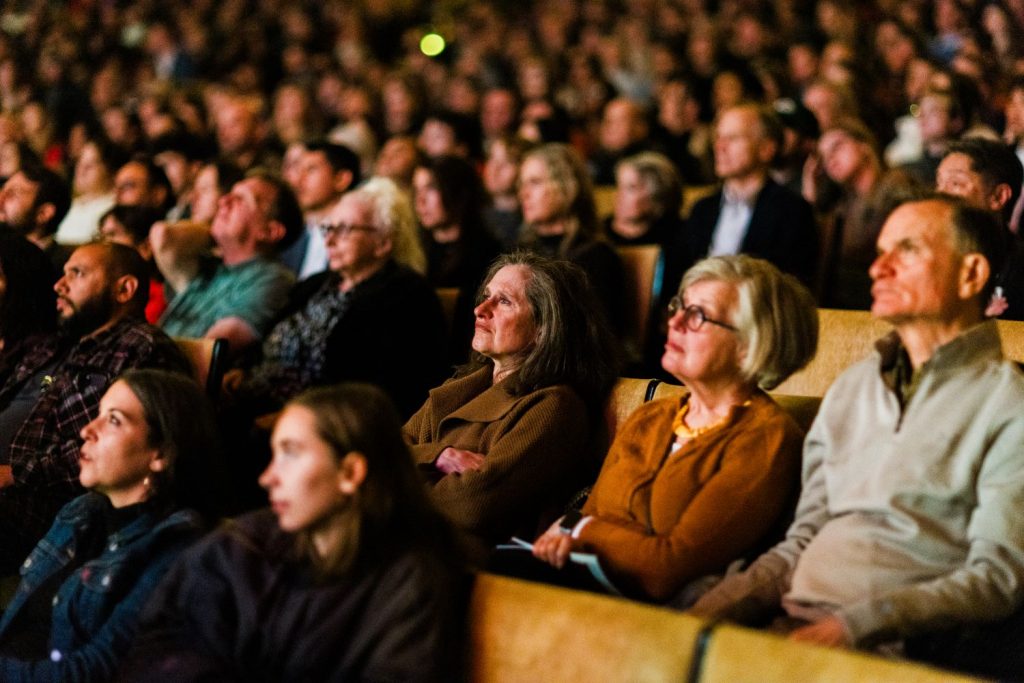
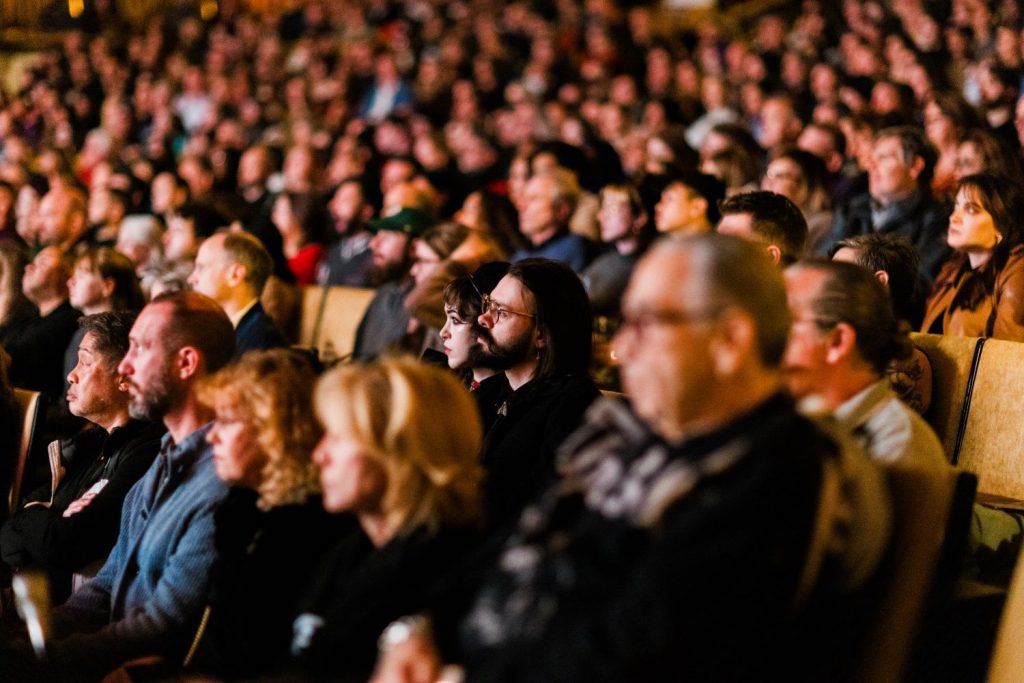
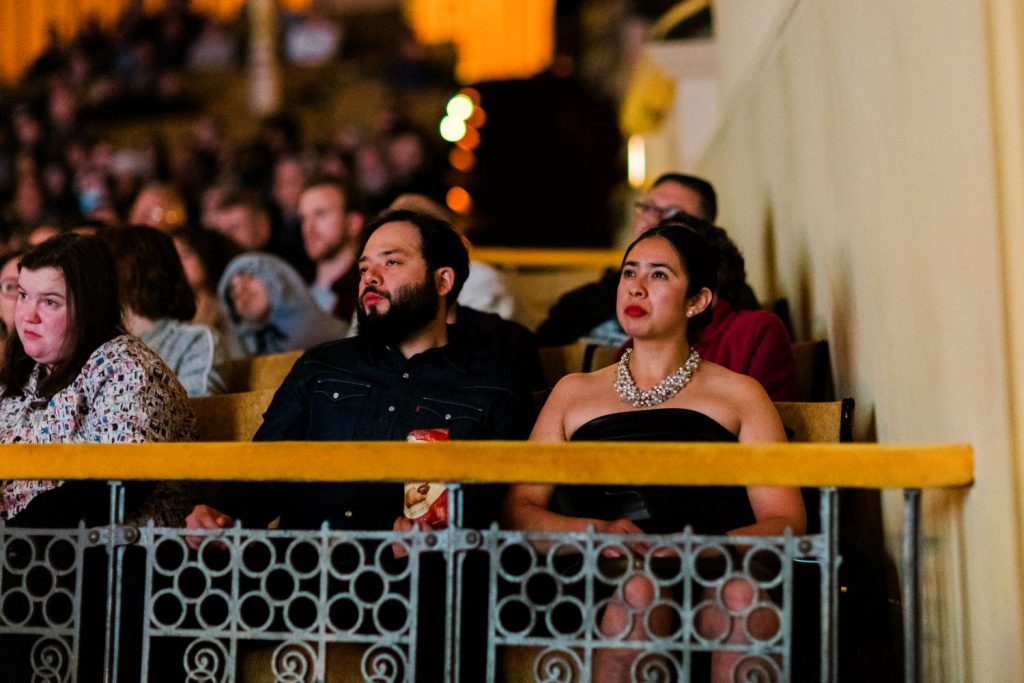
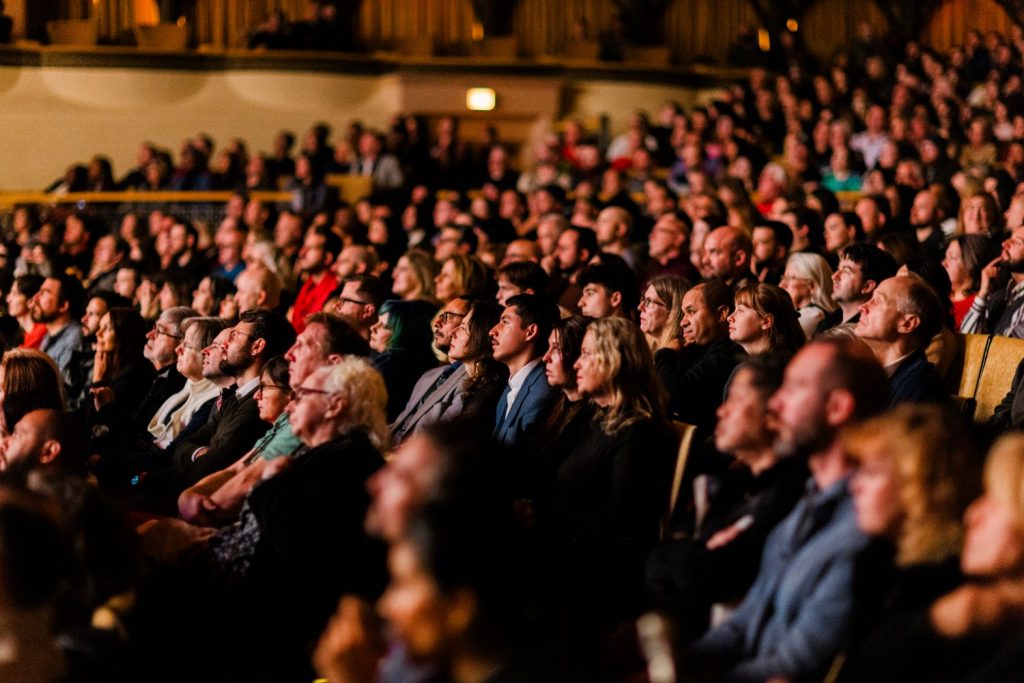
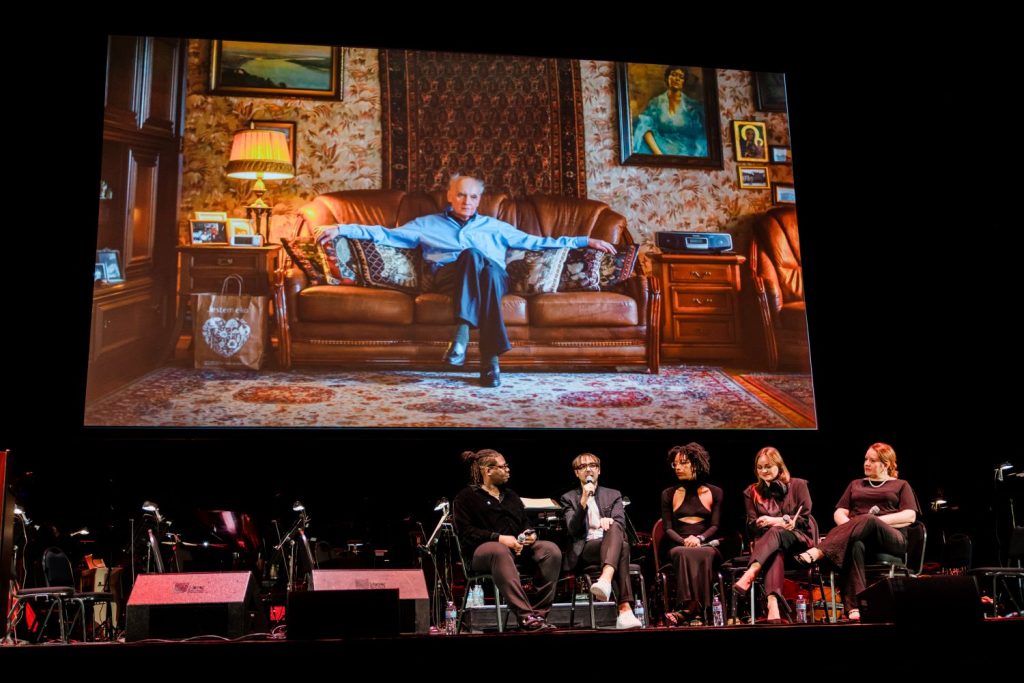
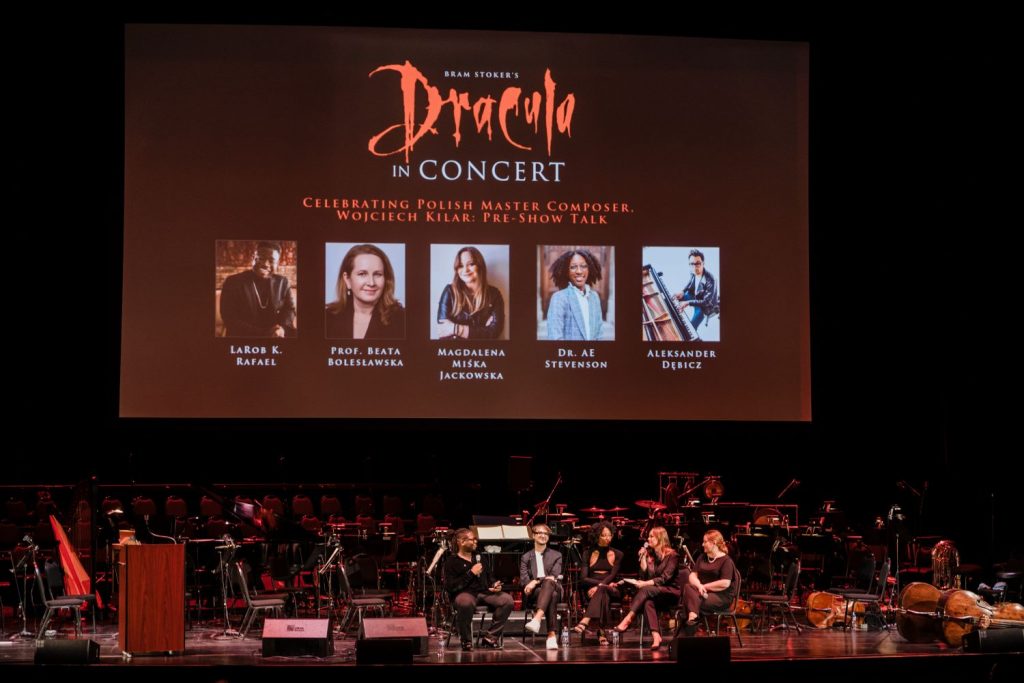
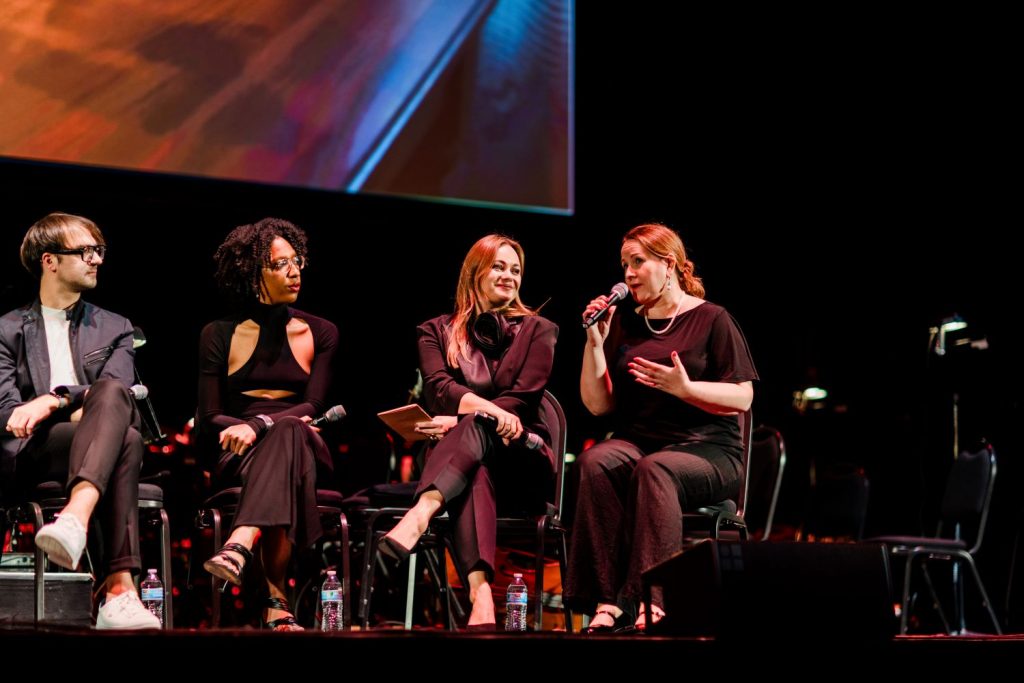
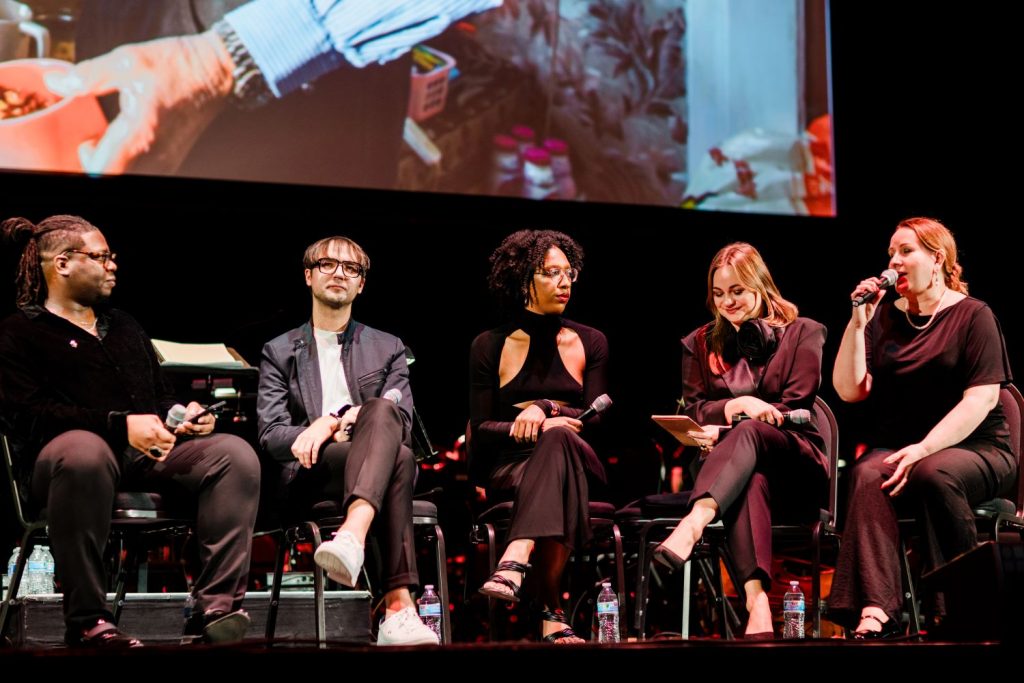
PANELISTS
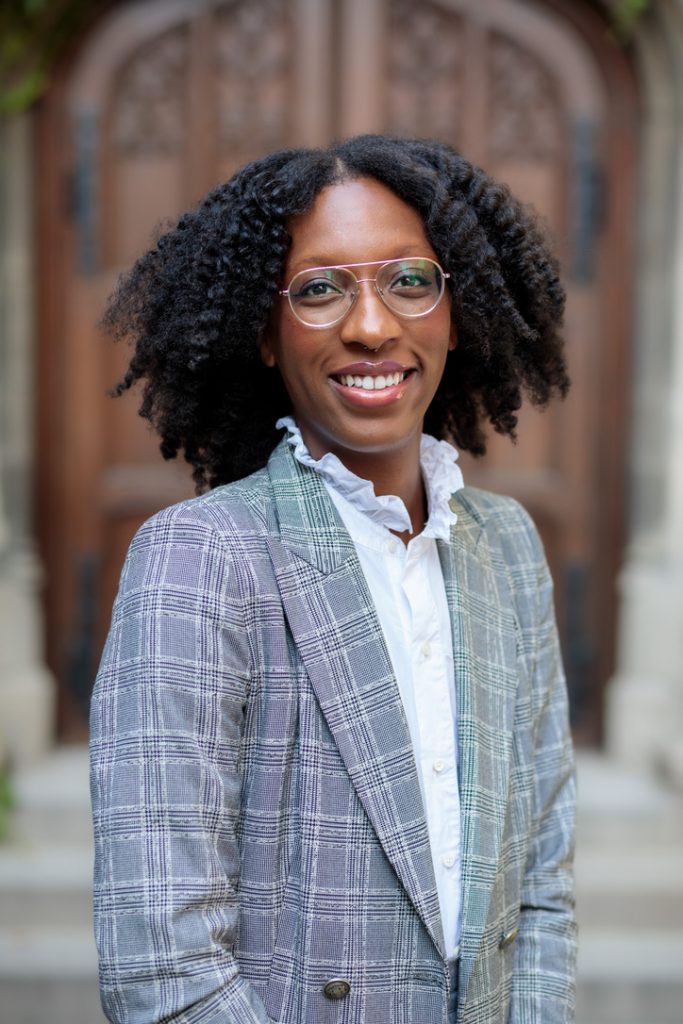
AE Stevenson is Assistant Professor of Cinema and Media Studies. She is currently working on her book manuscript where, through an analysis of Vine, TikTok, Instagram’s The Shade Room, and “blackfishing,” she argues that Black women and girls have fundamentally changed the visual language of the Internet. She has published in Feminist Media Histories and Catalyst.

As an Arts Administrator, LaRob K. Payton has worked with Lyric Opera of Chicago in the Learning and Creative Engagement Department, sits on the Board of La Caccina, an all-women’s profession choral ensemble, as Diversity and Community Engagement Advisor, been the Director of Community Engagement with Chicago’s Ear Taxi Festival (2021), and is an active consultant with the recently formed Black Opera Alliance and Black Administrators of Opera groups.
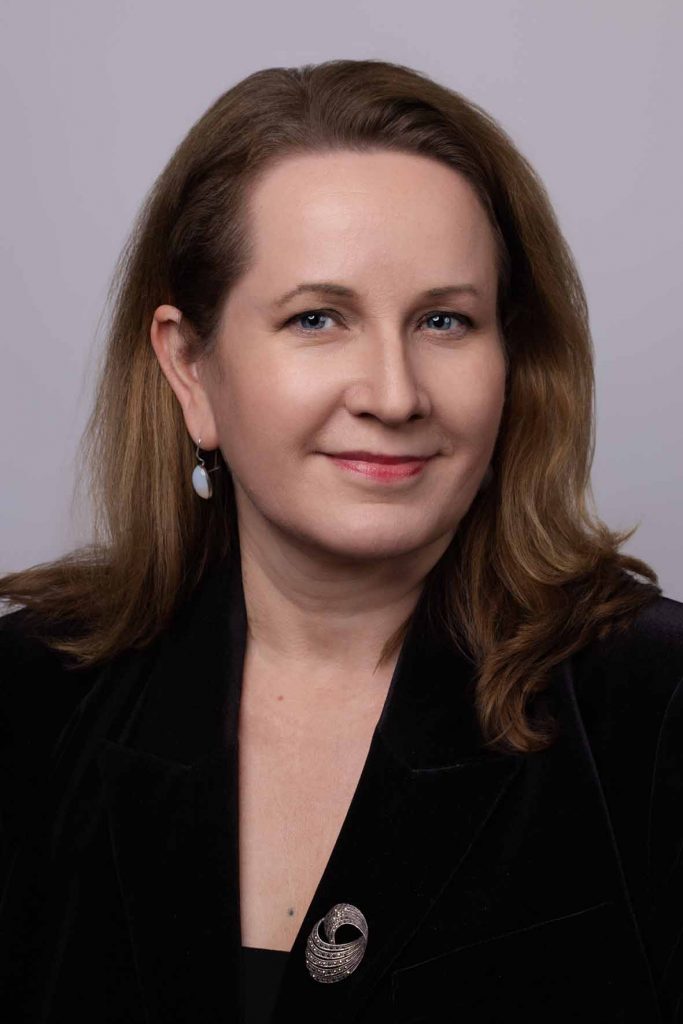
Beata Bolesławska musicologist, PhD, professor at the Institute of Art, Polish Academy of Sciences in Warsaw (IS PAN). Author of many books, including Panufnik (Kraków: PWM, 2001), Górecki. Portret w pamięci [Górecki. Portrait in Memory] (Kraków: PWM, 2013), Panufnik. Architekt emocji [Panufnik. Architect of Emotions] (Kraków: PWM, 2014), The Life and Works of Andrzej Panufnik (1914–1991) (translated by Richard Reisner, Farnham: Ashgate, 2015), The Symphony and Symphonic Thinking in Polish Music since 1956 (Abingdon: Routledge, 2019) and Górecki (Kraków: PWM, 2023). Together with Jolanta Guzy-Pasiak, she is the initiator and editor-in-chief of the publishing series ‘Muzyka polska za granicą’ [Polish Music Abroad], published by the Institute of Art, Polish Academy of Sciences (Warsaw, vol. 1 2017, vol. 2 2019, vol. 3 2020, vol. 4 2023). Author of articles devoted to Polish contemporary music, published in scientific journals both at home and abroad, as well as texts published on websites, concert programmers and CD booklets. Regular participant and organizer of both Polish and international musicological conferences. Honored with the badge “Meritorious for Polish Culture” (2007) and the Honorary Award of the Polish Composers’ Union (2015). Since 2015, Chairwoman of the Board of the Musicological Section and member of the Board of the Polish Composers’ Union.
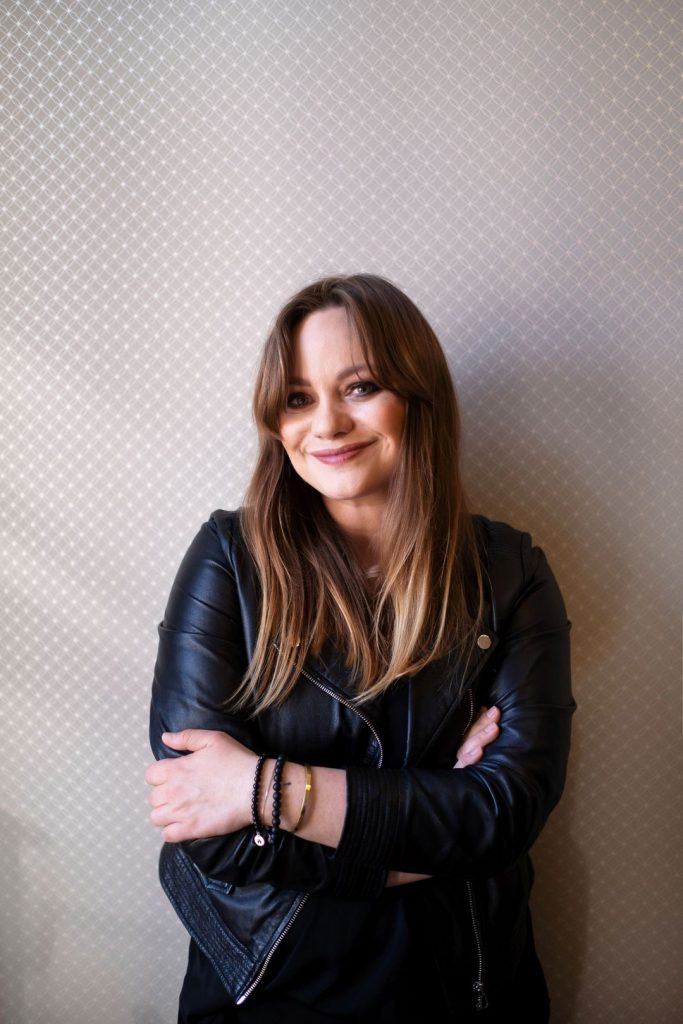
Magda Miśka-Jackowska has conducted hundreds of interviews on the history and process of creating film music. Her radio programs star the greatest composers of the genre, directors from around the world, soloists, orchestrators, heads of music studios, sound engineers, music consultants, songwriters, conductors, and fans – many being very famous, including Ennio Morricone, Hans Zimmer, Patrick Doyle, Jane Campion, Andrzej Wajda, Agnieszka Holland, David Arnold, Howard Shore, Jan A.P. Kaczmarek and many others.
Film music is her specialty. Magda’s first book on this subject, entitled ‘Kilar’, was published in 2022 by Polskie Wydawnictwo Muzyczne (Polish Music Publishing), another one will be published soon. She also runs film music podcast ‘Score and the City’ and publishes regularly in the Polish press.
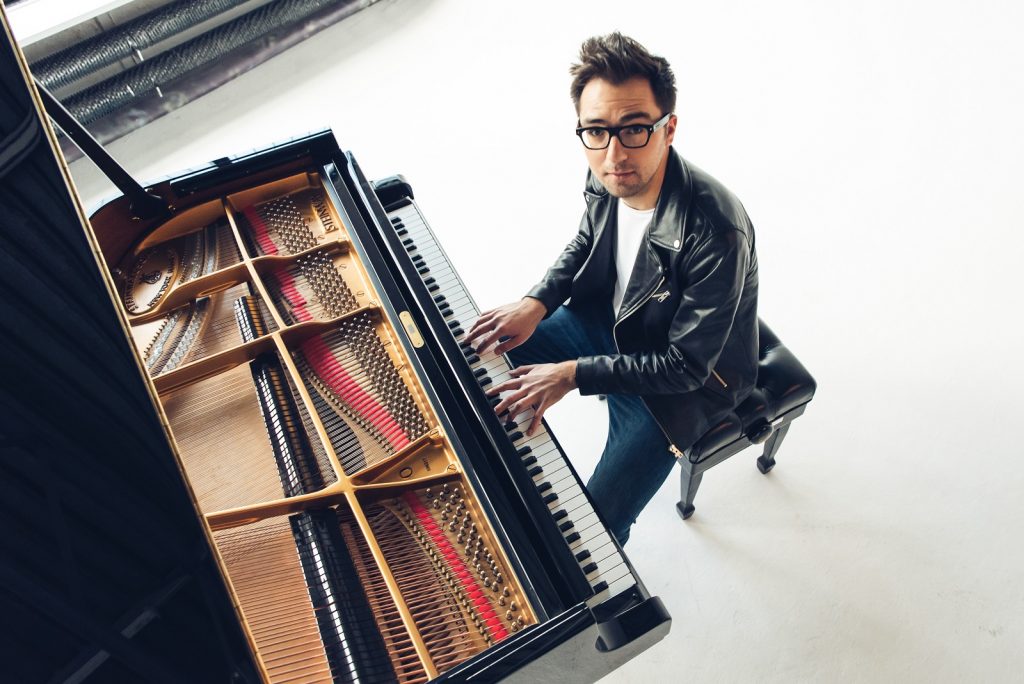
Aleksander Dębicz is Polish pianists and composer. His two main points of departure are improvisation and his own original music, which he frequently combines with the works of old classical masters. composer. A graduate of Warsaw’s Chopin University of Music, Dębicz has presented his own works, improvisations, as well as classical and new music in Poland and abroad in, among others, Germany, France, the United States, Romania, Italy, Austria, and Turkey. In 2022 he joined Polish Radio Orchestra in Warsaw under Michał Klauza for the premiere of Maciej Małecki’s Symphonie concertante, of which Dębicz is the dedicatee. In the same year he made his debuts at such very different, prestigious music festivals as the Duszniki International Chopin Piano Festival (in a duo with Marcin Zdunik) and Męskie Granie (with Jakub Józef Orliński).
Photos by Azuree Holloway

